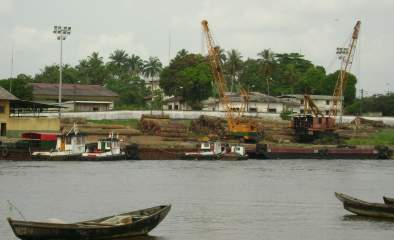The process started with the setting up of the Global Water Partnership Cameroon in June 2005, designed to facilitate the planning process by creating a neutral platform for all water sector stakeholders in Cameroon.
Cameroon has completed the first two phases of the country’s IWRM planning process and is currently preparing the national IWRM action plan, which is the third phase. IWRM planning is regarded as an important strategy by Cameroon to reduce poverty and to achieve the Millennium Development Goals.
During the implementation of the program, much emphasis was given to capitalizing and aligning with existing and ongoing initiatives. GWP Cameroon further ensured that water sector stakeholders were trained on the concept of IWRM. Special attention was given to the participation of women and youths, and overall, it is estimated that over 311 people from about 126 partner institutions were trained within the context of the Partnership for Africa’s Water Development programme.
The national IWRM planning process has been incorporated as a strategic activity in the Economic, Financial, Social and Cultural Program of Cameroon for the year 2010. As a result of its capacity building activities and demonstrated technical competence, GWP Cameroon obtained a grant from UNESCO Cameroon to elaborate the State of the Environment on Fresh Water report for Cameroon.
Read the full case study in the GWP ToolBox.

